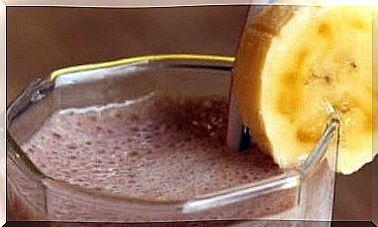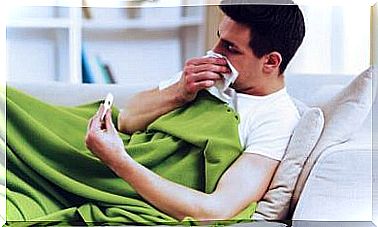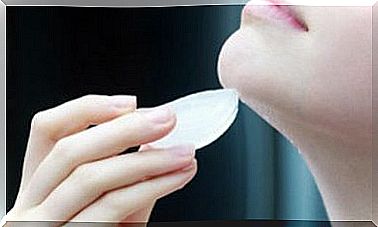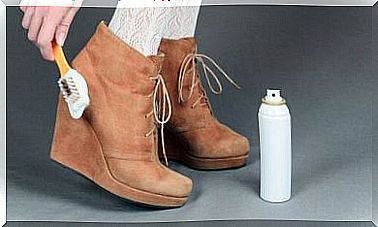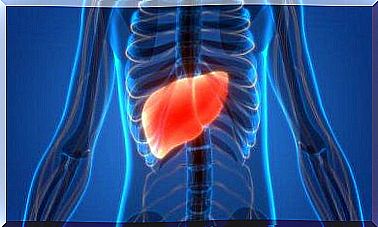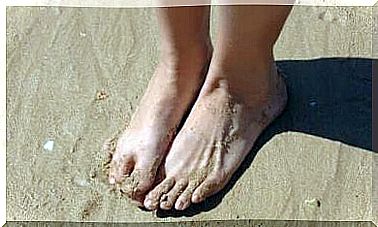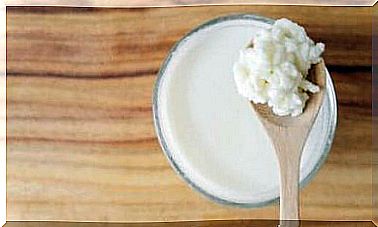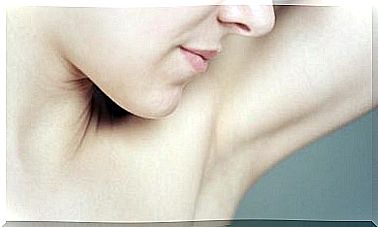It Is Usually Not The Spine That Hurts!
The spine is surrounded by muscles that are often responsible for pain.
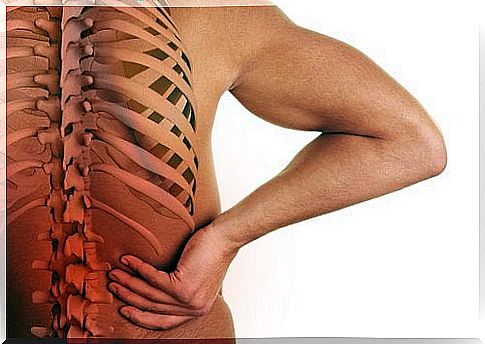
When the back hurts, the spine is to blame. Clear case, right?
A clear case of “wrongly thought!” Because when the back and neck cause problems, it is rarely the spine itself that is behind it – and therefore it is often easy to do something about it.
The spine, our backbone
The spine is a very central part of all mammals.
The spinal cord runs inside, and its nerves connect our body parts and limbs to one another like a “data highway”.
Humans have 33 to 34 vertebrae in total, 24 of which are freely moving vertebrae, with the intervertebral discs in between, which connect the vertebrae with one another and keep them mobile.
The further down a vertebra lies on the spine, the larger, thicker and stronger it is, because the more body weight it has to carry.
The fact that our spine describes a slight “S” is completely healthy and normal – this allows it to better exert its shock-absorbing effect.
The spine is divided into several sections:
- Cervical spine
- Thoracic spine
- Lumbar spine
- Sacrum and
- coccyx
The spine is stabilized by ligaments and muscles, and these are the ones that make neck and back pain uncomfortable.
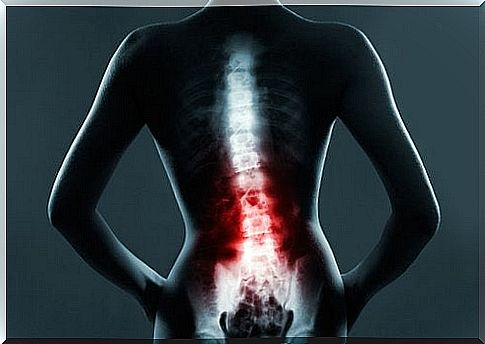
Back pain from the spine?
If the spine is deformed, broken, or the bone itself is inflamed, this can lead to pain.
Most of the time, however, when one speaks of “back pain”, it is not the spine itself that is causing problems.
Basically, most back pain is caused by muscle tension. Pinched nerves can also be caused by muscle tension.
If the muscle tension persists, a vertebra can also be pushed or pulled out of its position, which leads to a so-called vertebral blockage.
Muscle tension can not only occur as a result of incorrect exercise, but can also be a symptom of stress and other psychological stress or problems.
Statistically, in 85% of all back pain cases, no specific medical cause can be found.
Such problems are then caused “only” by stress, psychological problems and nervous overload.
If the stress disappears and the patients have some time to relax again, the back pain usually also disappears.
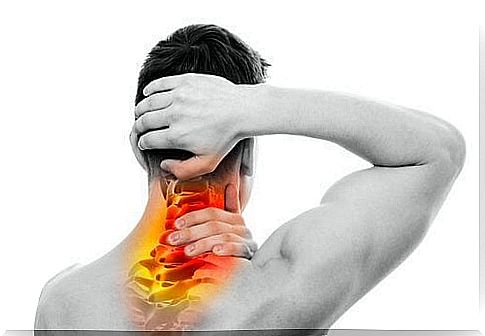
Back pain prevention
To prevent back pain, you should ensure a back-friendly environment in your everyday life.
Everything has to be right for your back, especially where you spend a long time: work posture, shoes, etc. have to be ideal for you.
Exercise also helps to strengthen and build up your back muscles.
To prevent tension, relaxation is important: Warmth in the back from a hot water bottle, hot shower and full bath relax the back muscles and can relieve tension.
A massage is also good. Not only does it relax your muscles, it also relaxes you. And the more relaxed you are, the better!
Stress can also trigger back pain.
Anyone who has not learned to deal with stress properly does not let go of the unconscious tension and tension. This creates, among other things, bad posture, relieving posture – and other tension.
And the muscles that are tense over a longer period of time then react with pain. And that is perceived, among other things, as back pain.
The better you can cope with stress, the lower the risk of getting back pain from stress.
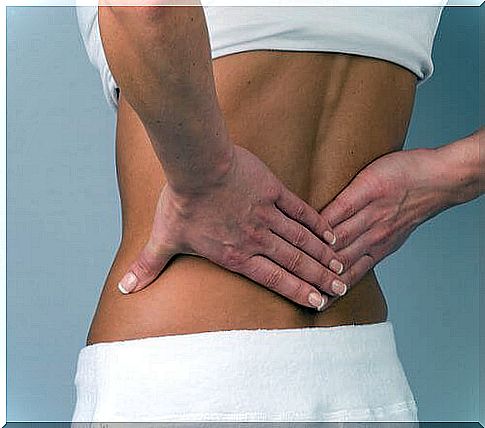
Movement for the spine
If your back hurts, the worst possible thing you can do is go to bed and take it easy.
Your back only hurts because your muscles and tendons that support your spine are irritated, overwhelmed, tense or overworked.
Bad posture, carrying heavy loads, excessive body weight, jerky movements, all of these can cause pain along your spine.
The best prevention is to exercise regularly and to strengthen your muscles. There are special courses on “back exercises” that are particularly useful to strengthen the muscles that are often blamed for back pain.
The stronger the muscles, the better armed you are against back pain.
Even if your back is already sore, it is the right thing to do with gentle gymnastics, to give blood to your muscles, to stretch and warm them up.
If movement hurts you too much, you should consider taking a mild pain reliever that will make it easier for you to move around and protect you from poor posture caused by pain.
